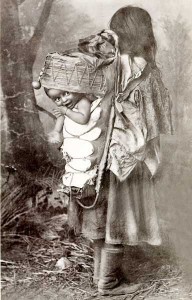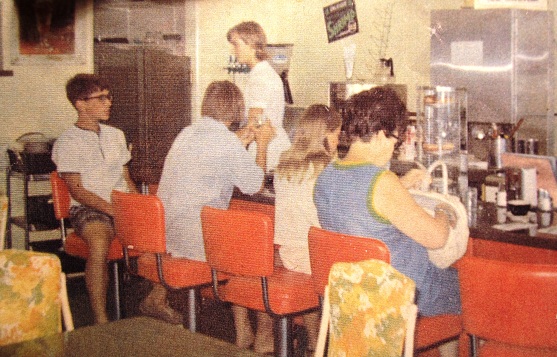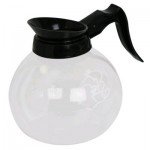All of us look for road signs telling us the right way to go, especially while driving. We also watch for signs warning us not to go the wrong way. Turning down a one way street facing oncoming traffic, for example, isn’t something I’d recommend, though I’ve done it many times.
In my neighborhood there are several “signs” that were “posted” 300 years ago when a Potawatomi Indian tribe lived here. Padding single file through the dense woods on moccasin-shod feet, they needed markers to let each other know where the good fishing and hunting was, or which paths led to good portage points for their canoes, or where to find mineral resources.
To accomplish this, they bent young saplings at right angles to the ground, strapping them down with vines or handmade ropes. As the young trees grew, they assumed the sharp angles, and when native eyes scanned the forests, horizontal lines of bent trunks stood out among the vertical trees. The tree elbow, then, was the pointing “arrow” of these unusual signs, and I’ve heard tell we have a couple of them left in our neighborhood.
Yesterday I found one. I think.
As I stood and looked at that tree trying to visualize these same woods 300 years ago, I couldn’t help but think of what the Indians must have looked like walking along the wooded dunes just like I was. I wanted to step back in time to see how they lived. Research says they wore buckskin clothes and feathers in their long hair. They killed game with bows/arrows and used spears to catch fish.
The women “wore” their babies and did most of the farming of grains and vegetables. It sounds like they all worked hard, and if I could live with them for a week, no doubt I’d learn a great deal about my neighborhood and how to exist in it without the benefit of stores, cars, or computers.
Of course I can’t travel back 300 years, but it’s a pleasant thought to remember that God lived in my neighborhood back then, loving the Potawatomi when they were here, just as he loves those of us currently in the neighborhood. He’s no respecter of persons, in that he longs to gather all of us into his family, regardless of where we sit on history’s time line.
I’m not sure what the Potawatomi knew about the “one way” signpost to heaven being Jesus Christ, but I’m confident God had custom-made signs in nature that showed any seekers the way.
I only have one question: would I look ok in buckskin?
“See what kind of love the Father has given to us, that we should be called children of God; and so we are.” (1 John 3:1)







